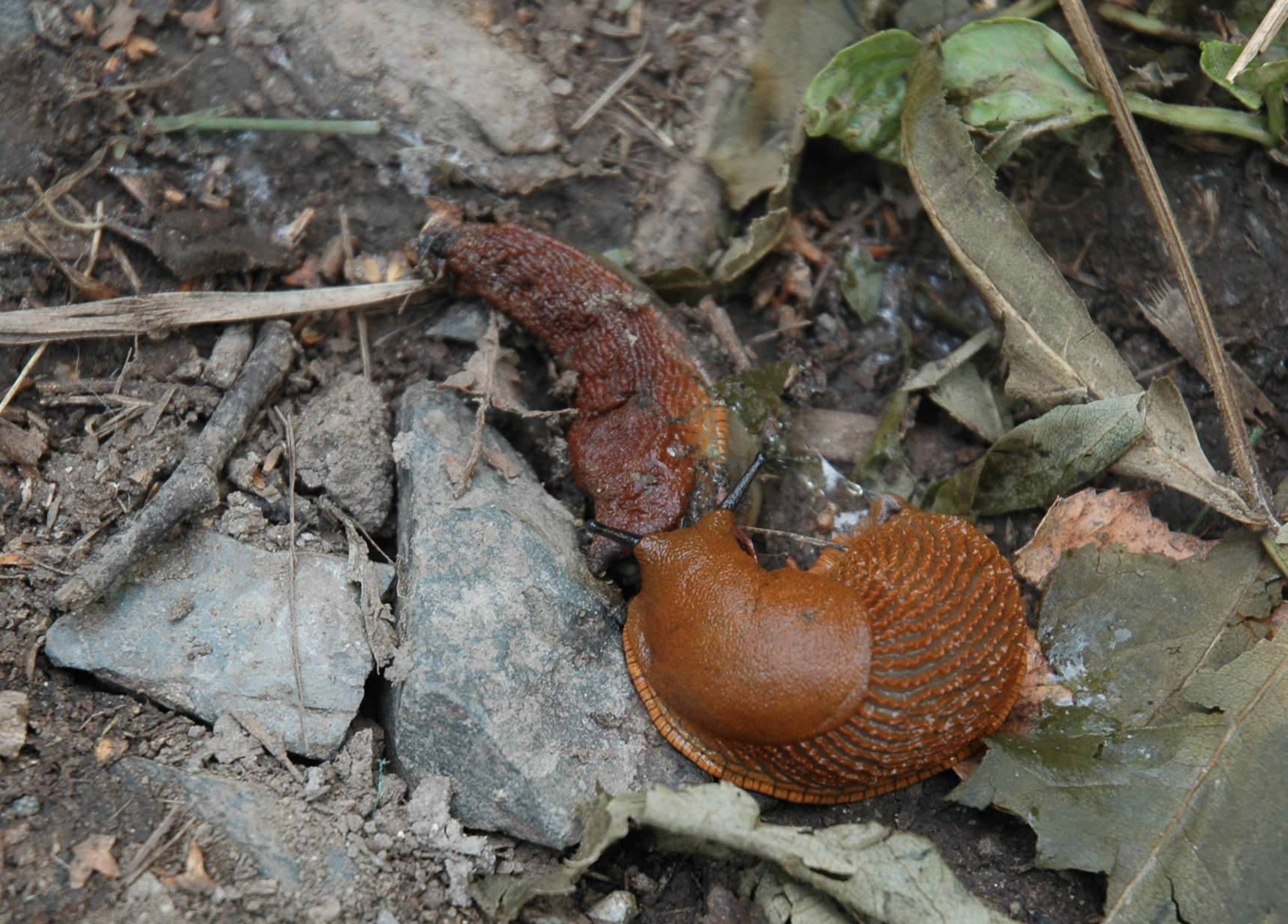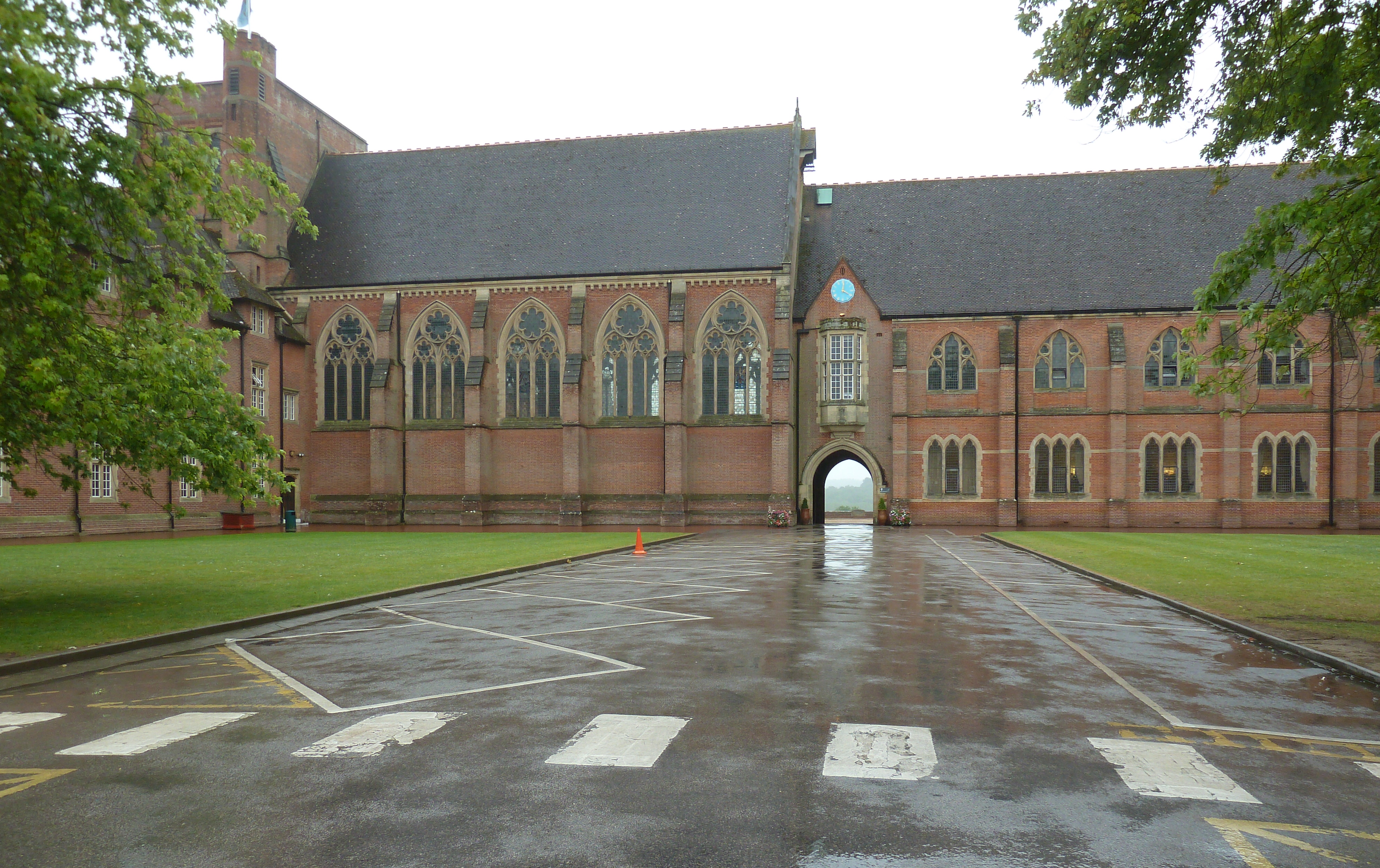|
British Museum Tube Station
British Museum was a station on the London Underground, located in Holborn, central London. It was latterly served by the Central line and took its name from the nearby British Museum in Great Russell Street. The station was opened by the Central London Railway in 1900. In 1933, with the expansion of Holborn station, less than 100 yards away, British Museum station was permanently closed. It was subsequently utilised as a military office and command post, but in 1989 the surface building was demolished. A portion of the eastbound tunnel is used to store materials for track maintenance, visible from passing trains. History British Museum station was opened on 30 July 1900 by the Central London Railway (CLR; now the Central line), with its entrance located at No. 133, High Holborn (now Hogarth House, a co-working/workspace venue), near the junction with New Oxford Street. In December 1906, Holborn station was opened by the Great Northern, Piccadilly and Brompton Railway ... [...More Info...] [...Related Items...] OR: [Wikipedia] [Google] [Baidu] |
Central London Railway
The Central London Railway (CLR), also known as the Twopenny Tube, was a deep-level, underground "tube" railwayA "tube" railway is an underground railway constructed in a cylindrical tunnel by the use of a tunnelling shield, usually deep below ground level. Contrast " cut and cover" tunnelling. that opened in London in 1900. The CLR's tunnels and stations form the central section of the London Underground's Central line. The railway company was established in 1889, funding for construction was obtained in 1895 through a syndicate of financiers and work took place from 1896 to 1900. When opened, the CLR served 13 stations and ran completely underground in a pair of tunnels for between its western terminus at Shepherd's Bush and its eastern terminus at the Bank of England, with a depot and power station to the north of the western terminus.Length of line calculated from distances given at After a rejected proposal to turn the line into a loop, it was extended at the western en ... [...More Info...] [...Related Items...] OR: [Wikipedia] [Google] [Baidu] |
Bulldog Drummond
Hugh "Bulldog" Drummond is a fictional character, created by H. C. McNeile and published under his pen name "Sapper". Following McNeile's death in 1937, the novels were continued by Gerard Fairlie. Drummond is a First World War veteran who, fed up with his sedate lifestyle, advertises looking for excitement, and becomes a gentleman adventurer. The character has appeared in novels, short stories, on the stage, in films, on radio and television, and in graphic novels. Overview After an unsuccessful one-off appearance as a policeman in ''The Strand Magazine'', the character was reworked by McNeile into a gentleman adventurer for his 1920 novel '' Bulldog Drummond''. McNeile went on to write ten Drummond novels, four short stories, four stage plays and a screenplay before his death in 1937. The stories were continued by his friend Gerard Fairlie between 1938 and 1954. Drummond is a First World War veteran, brutalised by his experiences in the trenches and bored with his post-wa ... [...More Info...] [...Related Items...] OR: [Wikipedia] [Google] [Baidu] |
Bankrupt
Bankruptcy is a legal process through which people or other entities who cannot repay debts to creditors may seek relief from some or all of their debts. In most jurisdictions, bankruptcy is imposed by a court order, often initiated by the debtor. Bankrupt is not the only legal status that an insolvent person may have, and the term ''bankruptcy'' is therefore not a synonym for insolvency. Etymology The word ''bankruptcy'' is derived from Italian ''banca rotta'', literally meaning "broken bank". The term is often described as having originated in renaissance Italy, where there allegedly existed the tradition of smashing a banker's bench if he defaulted on payment so that the public could see that the banker, the owner of the bench, was no longer in a condition to continue his business, although some dismiss this as a false etymology. History In Ancient Greece, bankruptcy did not exist. If a man owed and he could not pay, he and his wife, children or servants were forced into ... [...More Info...] [...Related Items...] OR: [Wikipedia] [Google] [Baidu] |
Donald Pleasence
Donald Henry Pleasence (; 5 October 1919 – 2 February 1995) was an English actor. He began his career on stage in the West End before transitioning into a screen career, where he played numerous supporting and character roles including RAF Flight Lieutenant Colin Blythe in '' The Great Escape'' (1963), the villain Ernst Stavro Blofeld in the James Bond film '' You Only Live Twice'' (1967), SEN 5241 in ''THX 1138'' (1971), and the deranged Clarence "Doc" Tydon in '' Wake in Fright'' (1971). Pleasence starred as psychiatrist Dr. Samuel Loomis in ''Halloween'' (1978) and four of its sequels, a role for which he was nominated for a Saturn Award for Best Actor. The series' popularity and critical success led to a resurgent career for Pleasence, who appeared in numerous American and European-produced horror and thriller films. He collaborated with ''Halloween'' director John Carpenter twice more, as the President of the United States in '' Escape from New York'' (1981), and as ... [...More Info...] [...Related Items...] OR: [Wikipedia] [Google] [Baidu] |
Cannibal
Cannibalism is the act of consuming another individual of the same species as food. Cannibalism is a common ecological interaction in the animal kingdom and has been recorded in more than 1,500 species. Human cannibalism is well documented, both in ancient and in recent times. The rate of cannibalism increases in nutritionally poor environments as individuals turn to members of their own species as an additional food source.Elgar, M.A. & Crespi, B.J. (1992) ''Cannibalism: ecology and evolution among diverse taxa'', Oxford University Press, Oxford ngland New York. Cannibalism regulates population numbers, whereby resources such as food, shelter and territory become more readily available with the decrease of potential competition. Although it may benefit the individual, it has been shown that the presence of cannibalism decreases the expected survival rate of the whole population and increases the risk of consuming a relative. Other negative effects may include the increased r ... [...More Info...] [...Related Items...] OR: [Wikipedia] [Google] [Baidu] |
Death Line
''Death Line'' is a 1972 horror film written and directed by Gary Sherman and starring Donald Pleasence, Norman Rossington, David Ladd, Sharon Gurney, Hugh Armstrong, and Christopher Lee. Its plot follows two university students who find themselves at the centre of an investigation involving a man who goes missing on the London Underground. A co-production between the United Kingdom and the United States, ''Death Line'' was conceived by American writer-director Sherman, and filmed in London. It was released theatrically in the United Kingdom in November 1972 before premiering in the United States in 1972 under the alternative title, ''Raw Meat''. Plot Late one night at the Russell Square station in the London Underground, university students Patricia and her American exchange student boyfriend Alex find an unconscious man on the stairwell. Fearing that he may be diabetic, Patricia checks his wallet and finds a card that reads James Manford, OBE. They inform a policeman but fin ... [...More Info...] [...Related Items...] OR: [Wikipedia] [Google] [Baidu] |
Neverwhere (novel)
''Neverwhere'' is the companion novelisation written by English author Neil Gaiman of the television serial '' Neverwhere'', written by Gaiman and devised by Lenny Henry. The plot and characters are exactly the same as in the series, with the exception that the novel form allowed Gaiman to expand and elaborate on certain elements of the story and restore changes made in the televised version from his original plans. Twitter. Most notable is the appearance of the Floating Market at Harrods (in the novel) rather than under Battersea power station (the TV series). This is because the management of Harrods changed their minds about proposed filming. The novel was originally released by BBC Books in 1996, three episodes into the television serie ... [...More Info...] [...Related Items...] OR: [Wikipedia] [Google] [Baidu] |
Neil Gaiman
Neil Richard MacKinnon GaimanBorn as Neil Richard Gaiman, with "MacKinnon" added on the occasion of his marriage to Amanda Palmer. ; ( Neil Richard Gaiman; born 10 November 1960) is an English author of short fiction, novels, comic books, graphic novels, nonfiction, audio theatre, and films. His works include the comic book series '' The Sandman'' and novels ''Stardust'', '' American Gods'', '' Coraline'', and '' The Graveyard Book''. He has won numerous awards, including the Hugo, Nebula, and Bram Stoker awards, as well as the Newbery and Carnegie medals. He is the first author to win both the Newbery and the Carnegie medals for the same work, ''The Graveyard Book'' (2008). In 2013, '' The Ocean at the End of the Lane'' was voted Book of the Year in the British National Book Awards. It was later adapted into a critically acclaimed stage play at the Royal National Theatre in London, England that ''The Independent'' called "...theatre at its best". Early life Gaiman's fa ... [...More Info...] [...Related Items...] OR: [Wikipedia] [Google] [Baidu] |
British Museum Tube 2004 Alt
British may refer to: Peoples, culture, and language * British people, nationals or natives of the United Kingdom, British Overseas Territories, and Crown Dependencies. ** Britishness, the British identity and common culture * British English, the English language as spoken and written in the United Kingdom or, more broadly, throughout the British Isles * Celtic Britons, an ancient ethno-linguistic group * Brittonic languages, a branch of the Insular Celtic language family (formerly called British) ** Common Brittonic, an ancient language Other uses *''Brit(ish)'', a 2018 memoir by Afua Hirsch *People or things associated with: ** Great Britain, an island ** United Kingdom, a sovereign state ** Kingdom of Great Britain (1707–1800) ** United Kingdom of Great Britain and Ireland (1801–1922) See also * Terminology of the British Isles * Alternative names for the British * English (other) * Britannic (other) * British Isles * Brit (other) * Briton (d ... [...More Info...] [...Related Items...] OR: [Wikipedia] [Google] [Baidu] |
Nationwide - British Museum Tube Station
Nationwide may refer to: Organisations * Nationwide Building Society, a UK building society * Nationwide Mutual Insurance Company, an insurance company based in Columbus, Ohio, US * Nationwide Asset Services, a debt settlement company in the US * Nationwide Airlines (other), several airlines Sport * Nationwide Series, or Nationwide formerly the Busch Series and now Xfinity Series, was an auto race series sponsored by the Nationwide Mutual Insurance Company * Nationwide Championship, (1991–2000), a golf tournament in Georgia, US * Nationwide Tour (2003–2011), the former name of a second-tier men's golf tour * English Football League, formerly called the Nationwide League * Kenyan Nationwide League, a league below the top tier of Kenyan football TV programmes * ''Nationwide'' (TV programme), a British current affairs series (1969–1983) * ''Nationwide'' (Australian TV programme), a current affairs programme (1979–1984) * ''Nationwide'' (Irish TV programme), a regi ... [...More Info...] [...Related Items...] OR: [Wikipedia] [Google] [Baidu] |
Elevator
An elevator or lift is a cable-assisted, hydraulic cylinder-assisted, or roller-track assisted machine that vertically transports people or freight between floors, levels, or decks of a building, vessel, or other structure. They are typically powered by electric motors that drive traction cables and counterweight systems such as a hoist, although some pump hydraulic fluid to raise a cylindrical piston like a jack. In agriculture and manufacturing, an elevator is any type of conveyor device used to lift materials in a continuous stream into bins or silos. Several types exist, such as the chain and bucket elevator, grain auger screw conveyor using the principle of Archimedes' screw, or the chain and paddles or forks of hay elevators. Languages other than English, such as Japanese, may refer to elevators by loanwords based on either ''elevator'' or ''lift''. Due to wheelchair access laws, elevators are often a legal requirement in new multistory buildings, especi ... [...More Info...] [...Related Items...] OR: [Wikipedia] [Google] [Baidu] |
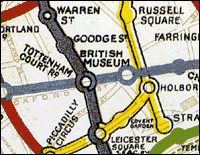
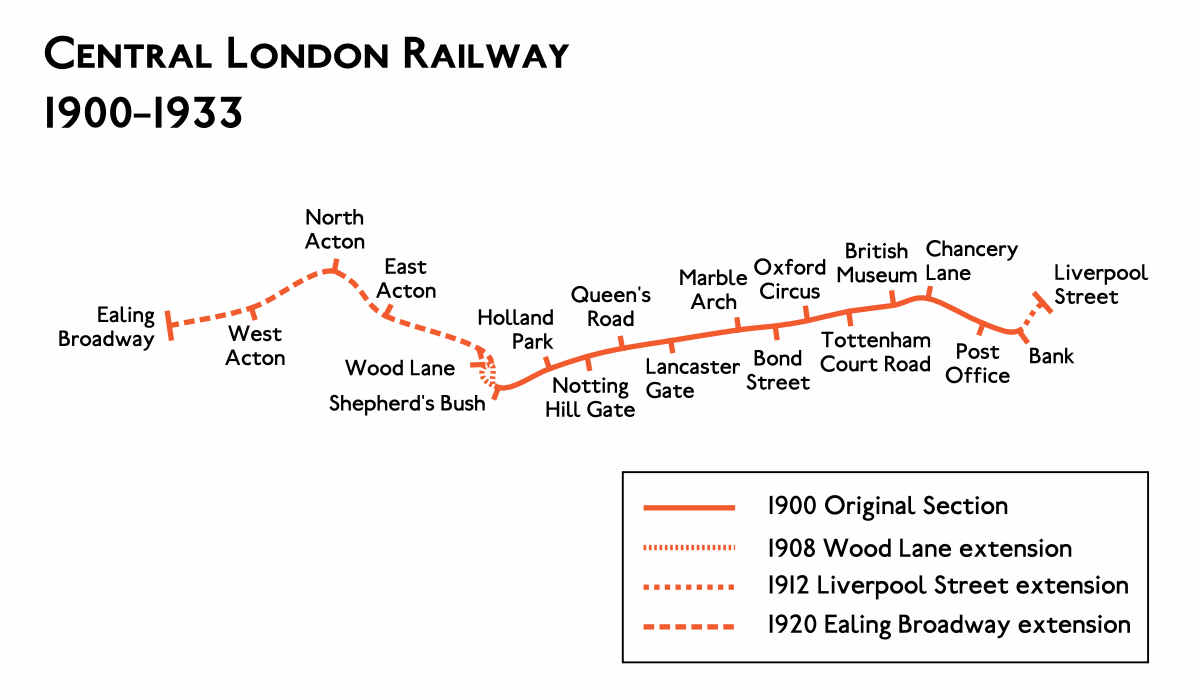
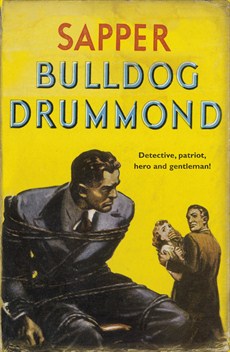
.png)

